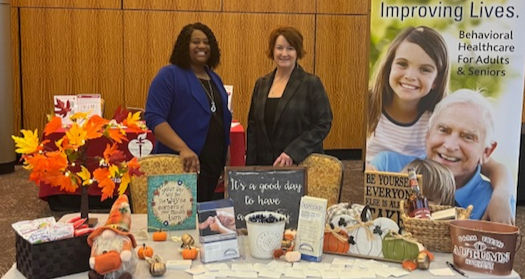Shaheen Strategies
- May 27, 2022
- 2 min read
Updated: May 31, 2022
How to be Remembered
Do you think they will remember to refer after you leave? Is what you said impactful enough to be remembered?

Retrieving a memory, whether it is recently or from years ago, can be very challenging for most people. Menial or small interactions with people throughout the day, week, month or even lifetime are most often forgotten quickly. It is an ingenious way for our brain to “off-load” what it thinks is unimportant information. Moments like what you had for breakfast on December 5th, 1997 or the 1-minute conversation you had with someone as you deplaned in Tulsa, are not deemed important enough for the brain to retain details or specifics of the moment. However, interactions or events that you perceive to be special or important, are more readily retrieved. Something about that moment made it important enough for you to retain some or all of the details of that moment. The day you got married, having your first child, losing a loved one, these are all obvious important memories that most people retain. But what about the memories in your professional life? Is there a person that you worked with or had an interaction with that you remember vividly? Odds are this person either had a memorable attribute, such as their appearance, tone of voice, social status, etc. or they said something worth remembering. Maybe they provided you with new information or framed old information in a new way.
Being remembered is one of the biggest challenges we face when it comes to promoting our programs. All too often we will have what we feel like is an important conversation with a potential referral source but the next time we interact with that person or agency, they don’t remember us. What can we do to appear more important or memorable? Below are a few things that you can try to make yourself more memorable:
- Change your appearance
Example: Vicki Angstmann, the therapist for Geriatric Behavioral Services for Gibson Area Hospital, and her team will be wearing green extensions in their hair for the week to get people talking.
- Now I am not saying change your hair to green permanently or break any hospital policies. However, this is a great example of doing something to make yourself more memorable.
- Speak with conviction
Remember that you are the local mental health expert and what you do for the community is vitally important. Convey that importance by being confident in what you do and what you say.
- Appeal to the person you are speaking with
Ask pointed questions about some of the challenges they face with patients or loved ones with mental illness. Provide specific solutions your programs can provide to their challenges. Be flexible if possible.
- Follow-up sooner rather than later
Utilize that recency bias to your advantage and follow-up quickly after interactions you feel are meaningful.
Keep these thoughts in mind as you make efforts to promote your program. The more memorable you can make yourself and your message, the more likely you are to receive more referrals.
Jacob Shaheen
Director of Business Development
UltraGroup Healthcare



